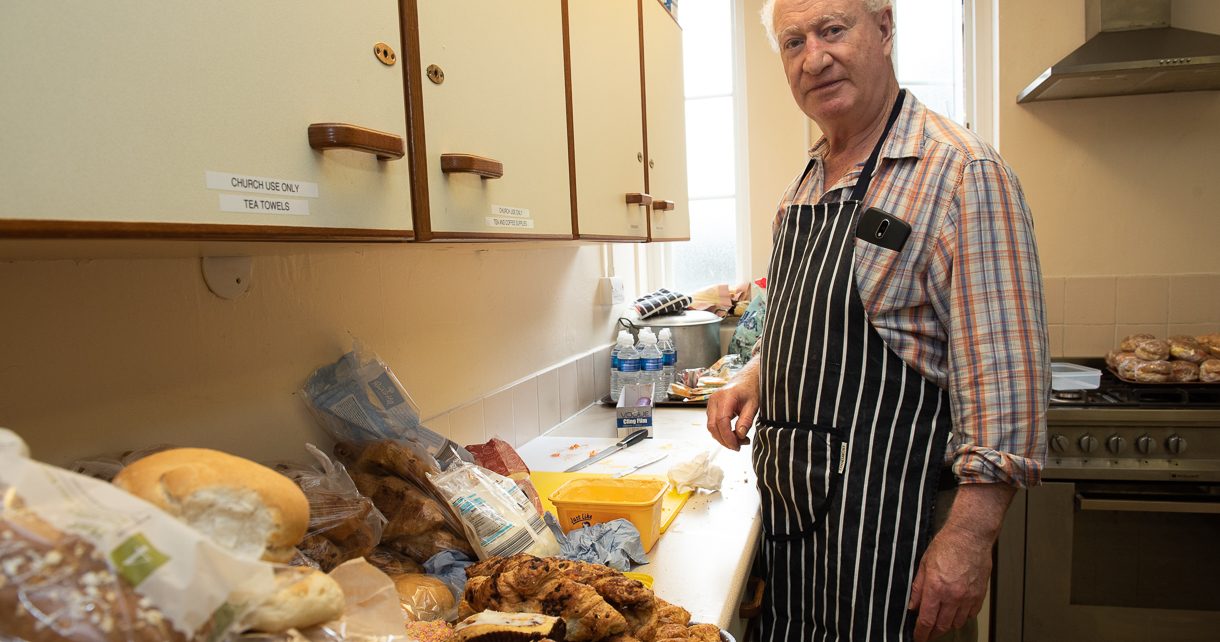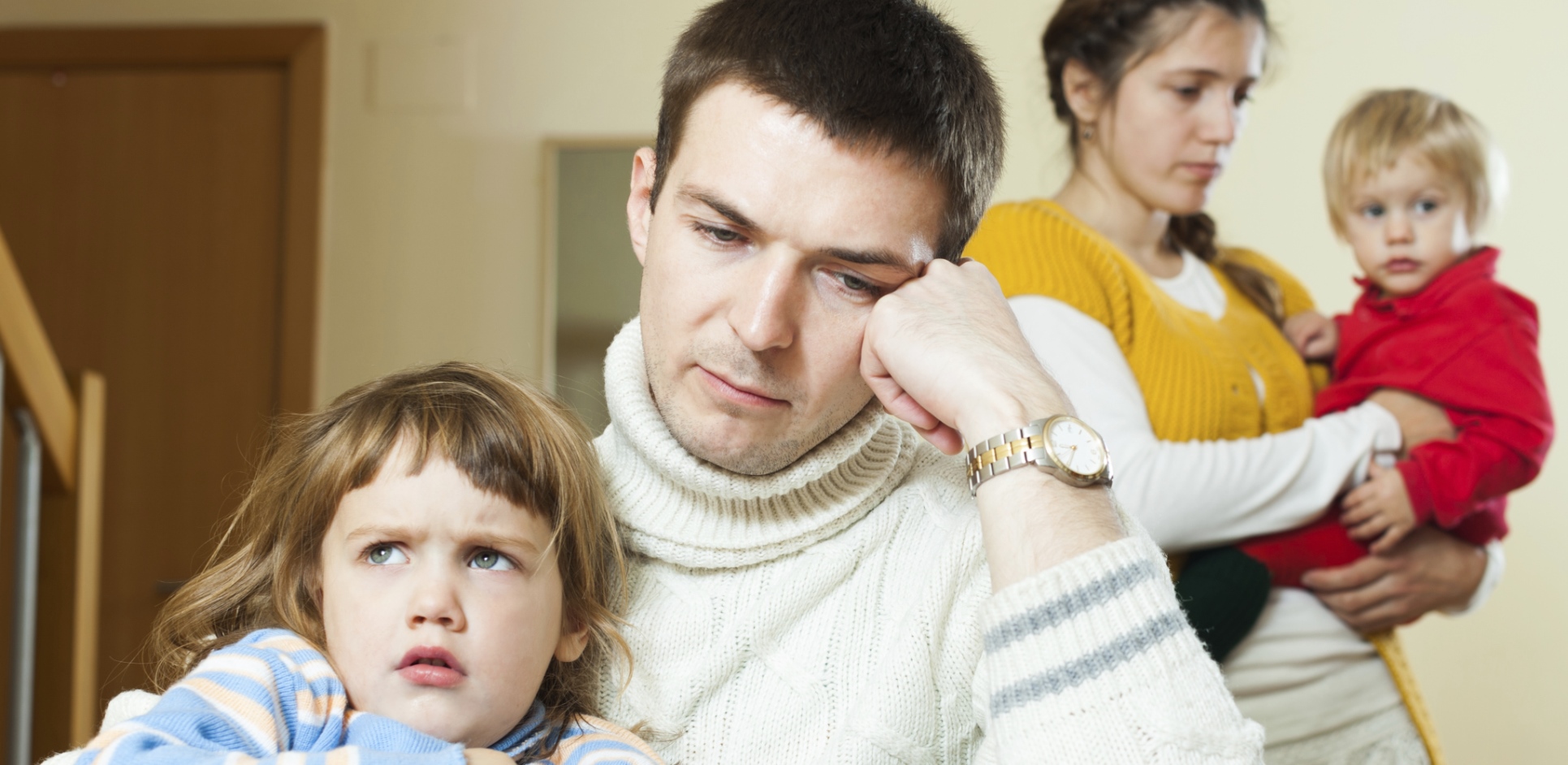Down below zero
Â
Deflation, slow growth, pay in the doldrums, household debt on the rise, productivity stagnant. Can we survive more austerity?
Â
Â
So prices in general have gone from not rising at all – zero inflation – to actually falling – deflation. It’s the first time in the lifetime of most of us that this is happening and uncharted waters for modern Britain.
Â
Â
Put it together with slow economic growth, real pay still below where it was before the banking crash, rising debt and poor productivity. It’s not a good place to be.
Â
Â
With Osborne about to unveil a new budget soon, can the economy stand another dose of austerity cuts? If it can’t we’ll need a bigger economic miracle than raising Lazarus from the dead.
Â
Â
This is “good deflation” they say. Even the Bank of England now says so.
Â
Â
Falling prices are mainly put down to supermarket food price wars and the halving of the cost of a barrel of oil. The cost of transport is falling with the exception of the price rises on our railways.
Â
Â
In short, it’s all short lived deflation. Enjoy it while it lasts.
Â
Â
But that’s not what the Bank of England suggested in its quarterly report out in February. Then, most of the deflation was “good”, but they said a third of it was due to poor growth, including poor wage growth.
Â
Â
It acknowledged deflationary risks then. It’s gone a bit shy now along with most economic commentators.
Â
If deflation was as good as Osborne is now claiming, why would the Bank of England have an inflation target of two per cent? He can change the target at any time.
Â
‘Goldilocks rate’
The two per cent inflation rate target is seen as the “Goldilocks rate”: not too hot, not too cold, just right. Perfect, like the porridge Goldilocks stole from the three bears.
Â
Â
That places deflation porridge in the cold cabinet. Which, as Japan has learned, can have a chilling effect on the economy if economic hypothermia kicks in.
Â
Â
Economic experts are putting on a brave face, confidence is everything. Make no mistake, the Bank of England, the City, the Treasury and industry are holding their breath hoping the dive into deflation is short-lived.
Fragile
Economic growth is still fragile. A significant amount of the growth during the so called economic miracle may well be down to little more than population growth.
Â
Â
Productivity is poor. The balance of payments – the value of what we buy in from abroad against what we sell abroad – is so bad very few people talk about it.
Â
Â
There is danger that another bad dose of scorched earth austerity could be the tipping point that dumps us down the deflationary spiral.
Â
Â
Unite assistant general secretary Steve Turner said, “Real wages have been driven down – people have just experienced the worst fall in living standards since the 1870s.
Â
“The concentration of new jobs are lower paid jobs. The UK now has the biggest inequality gap in Europe. Â
Â
Â
“More austerity is not the road to prosperity; we need investment in housing, transport, manufacturing, communications – all key bits of our economy – and the creation of decent jobs for all. This is what creates strong economic growth that benefits everyone.”
Â
 Like
Like Follow
Follow


